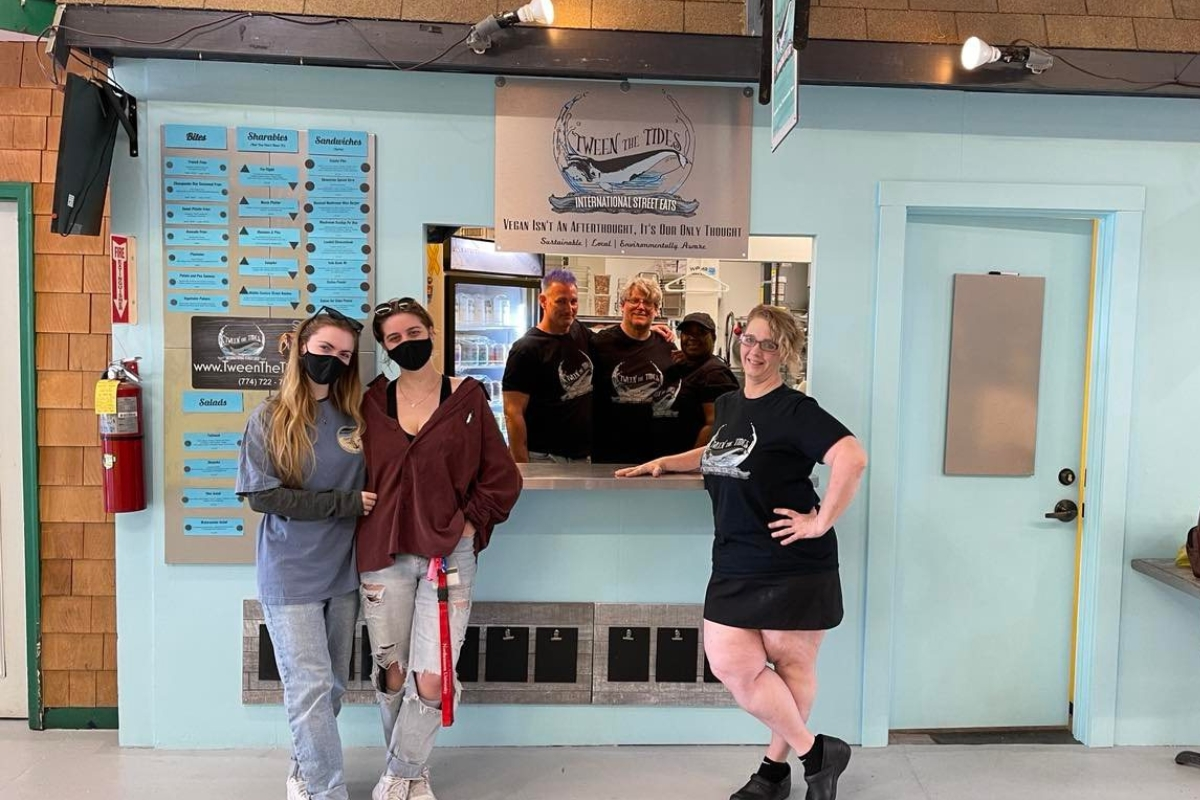By Ettech Last Updated
Copyright indiatimes

A division bench of the Karnataka High Court is soon expected to hear writ appeals from Ola, Uber, and Rapido challenging an earlier single-judge ruling that barred bike taxi services in the state due to the absence of a formal policy.Hearing the matter last month, the division bench had noted that bike taxis are legally allowed in 13 other states and qualify as a protected trade per Article 19 (1) (g) of the Constitution. It called the Karnataka ban “de facto prohibition,” and said that while states have the right to regulate the business, they cannot ban it outright. The state government responded saying that a committee had been formed to look into the matter.The ongoing legal battle between the Karnataka government and ride-hailing firms began after the government withdrew the Electric Bike Taxi Scheme in March 2024. The Congress-led administration stated that the platforms had failed to adopt electric two-wheelers as encouraged and were misusing the existing framework by operating non-transport (privately registered) vehicles for commercial purposes.Officials also raised concerns about women’s safety while withdrawing the e-bike taxi scheme.The ban officially took effect on June 16.Timeline of events:2021: Karnataka government issues an order restricting bike taxi services. In response, ride-hailing platforms file a petition in the High Court. The court instructs the state not to take action against the companies until the matter is resolved.April 2, 2025: The High Court orders the platforms to stop bike taxi services within six weeks. Justice BM Shyam Prasad ruled that such services could not operate until the government introduces rules under section 93 of the Motor Vehicles Act, 1988. Petitions by Rapido, Uber, and Ola are dismissed.April 29: The court allows bike taxi operations to continue until June 15. Justice Prasad emphasises that the state must issue proper guidelines under section 3 of the Motor Vehicles Act.The state government maintains that using privately registered bikes for commercial purposes was illegal and insisted on enforcing the ban.June 13: The court confirms that bike taxis must stop running after June 15, declining to pause the earlier ruling after an appeal by Ola and Uber. Industry body Nasscom urges the government to delay the deadline, warning of major job losses.June 16: Ride-hailing companies suspend bike taxi services in Karnataka following the High Court directive. They write to Congress leader Rahul Gandhi and Karnataka chief minister Siddaramaiah, seeking help in lifting the ban.July 1: The Union Road Transport Ministry releases updated guidelines advising states to allow the use of personal motorbikes for taxi services via aggregators. However, implementation is left to individual states.August 21: Bike taxis return to Bengaluru after a two-month hiatus. Uber, Rapido, and Ola resume services after the High Court questions the legality of the blanket ban.August 25: Uber and Ola remove the bike taxi option from their apps following a clarification from the Karnataka High Court stating that it had not issued any order permitting the resumption of bike taxi services.However, Rapido launches Bike Direct, a non-profit bike taxi service in Karnataka. The company describes it as a “humanitarian” initiative aimed at supporting its bike taxi drivers.August 30: Uber resumes bike taxi services in Bengaluru under the non-profit Bike Direct model.



